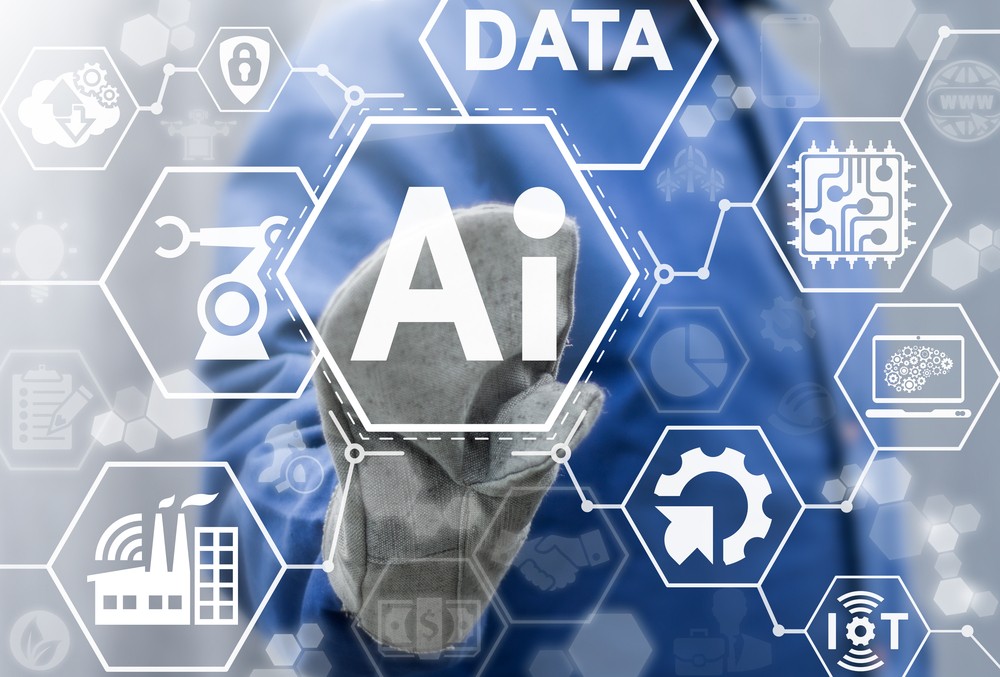The ongoing impact of Covid-19 is still affecting organisations nearly a year since the pandemic began, with business leaders continuing to leverage technology in order to navigate the crisis. According to Oxylabs’ dedicated AI and ML advisory board, some of the most important trends in 2021 will include the increased use of ethical AI for diversity, accountability, and model explainability, alongside increased instances of AI solving challenging real-world problems.
Oxylabs advisory board comprises the leading figures in the machine learning, AI, and data science industries and its members outline what they believe are the most important data science predictions for the year ahead:
Firstly, Pujaa Rajan, Machine Learning Engineer at Stripe, USA Ambassador at Women in AI and Google Developer ML Expert, believes COVID-19 will instigate a renewed enthusiasm for the application of edge AI in the healthcare industry and the use of ethical AI:
“Covid-19 defined 2020 and although development in healthcare has historically been slower than other industries – due to regulation – this year will see a focus on edge AI in the healthcare industry and other industries. This will lead to the ability to run ML models locally, and tiny ML, resulting in smaller sized ML models that fit on smaller devices like phones. Businesses will focus on these specific, technical areas because they are related to data privacy and security, which the general public and government increasingly care about.
Rajan continues: “Model explainability and interpretability is a space that the government, healthcare companies and finance companies are all actively exploring because of technical curiosity and business motivations. Many leaders will also finally prioritise AI ethics, diversity, inclusion, model explainability, and model interpretability after public outrage at many bad, biased, and unethical applications of AI.
“On the other hand, the biggest AI news last year was OpenAI's GPT-3, so I expect continued innovation in large NLP models. Software and hardware are like yin and yang. Since the larger models will need more efficient hardware, neural network accelerators will be a hot space.”
Ali Chaudhry, PhD researcher, Artificial Intelligence at UCL, sees AI as having have more of a contribution in solving challenging real-world problems in 2021: “I think there will be more focus on fairness, transparency, accountability and explainability in AI systems this year, hence, we can expect more regulations from governments around the globe. We will also see AI’s contribution in solving more challenging real-world problems, similar to the protein folding problem that was recently solved by AI.
Chaudhry concludes, “In terms of AI techniques that are set to emerge, there will be more real-world applications of Reinforcement Learning (RL) algorithms and RL will also retain its top position in academia.”
Another prediction comes from Gautam Kedia, Machine Learning Engineering Manager at Stripe, ex-Applied Scientist Lead at Microsoft, previously Head of Applied ML at Lyft. He considers how AI-generated content could finally become mainstream across multiple sectors:
“AI-generated content will become mainstream and in the next few years, I expect truly generative models to be producing logos, short stories, stock images, voiceovers and workouts, DALL-E is just a start and I believe this content will gradually start to pass the Turing Test.
“Self-driving cars will also take another step forward and I expect Waymo to start a taxi service directly competing with Uber & Lyft. Tesla will also release the much-awaited Full Self Driving computer,” Kedia adds.
Finally, Jonas Kubilius, AI researcher, Marie Skłodowska-Curie Alumnus, and Co-Founder of Three Thirds is optimistic about the implementation of AI in healthcare but also has fears that AI investment may suffer:
“I'm certainly optimistic about AI-driven solutions making a greater impact in the healthcare sector and drug discovery, however, my only concern is the economic impact of the global COVID-19 pandemic. It may well be that there is a slowdown of investments in AI-driven solutions and research labs, forcing companies to justify any investments they make and focus very clearly on problems where AI brings a clear added value.
Kubilius concludes: “With ever increasing pressure on governments and organisations to take action in regard to climate change, I expect to see more AI-driven solutions being leveraged in this field. Particularly in the areas that could benefit from the optimisation of manufacturing and logistics processes to reduce the impact they have on the environment.”




